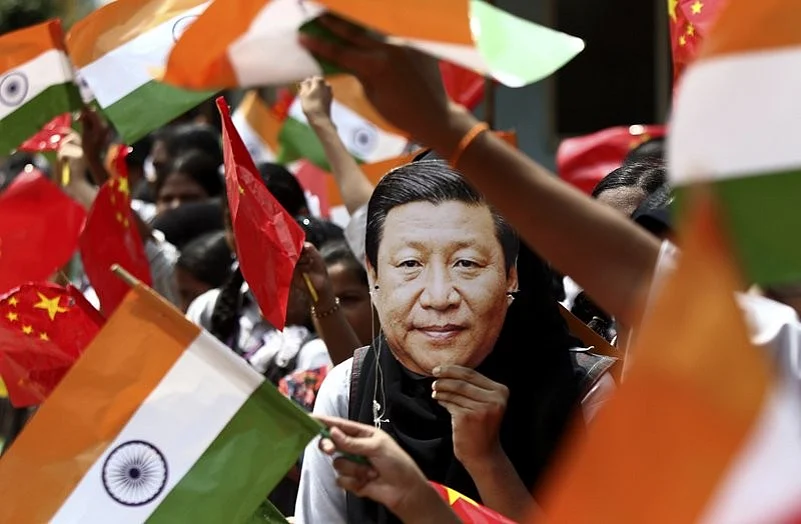India let go of a perfect opportunity to embarrass China at the UN Human Rights Council meeting in Geneva on Wednesday. At a time when Indian and Chinese troops are confronting each other along the Line of Actual Control (LAC) in Ladakh and the PLA is claiming tracts of Indian territory, Delhi could have hit out at China diplomatically raising the Hong Kong’s new security law issue.
Why Delhi chose to soft-peddle the issue is not known, considering Beijing has time and again flagged issues against India at the UNSC. At Pakistan’s request, China was able to raise Kashmir at a closed-door meeting of the UNSC last year. China had repeatedly held out against declaring Masood Azhar, the Pakistan-based leader of Jaish-e-Muhammad, a global terrorist. After considerable pleasure from the international community, China relented.
Advertisement
At the Human Rights Council in Geneva, India’s ambassador Rajiv Chander made a rather wishy-washy observation. Yet this is the first time that Delhi commented on the Hong Kong situation. Despite year-long protests in Hong Kong, India had kept a studied silence. Perhaps India was in no mood to provoke China.
But now after 20 Indian soldiers, including an officer, were killed in Galwan Valley in June, surely Delhi should have taken a strong stand against the new draconian law that China has passed for Hong Kong. India has banned 59 Chinese mobile apps to show its displeasure against Beijing's aggressive moves in the Himalayas. Perhaps, with both sides trying to de-escalate at the moment, Delhi is holding its fire for later. Meanwhile, India is also ramping up its defence preparedness and acquiring new military hardware.
Advertisement
“Given the large Indian community that makes Hong Kong Special Administrative Region of China it's home, India has been keeping a close watch on recent developments. We have heard several statements expressing concerns about these developments,” Ambassador Chander said. "We hope the relevant parties will take into account these views and address them properly, seriously and objectively," he added.
Sweeping changes brought on by a tough new security law in Hong Kong has changed the ‘One Nation Two Systems’ policy that was promised by the Chinese. On July 1, 1997, when Hong Kong was returned to China by the British, Beijing promised to allow citizens of Hong Kong to enjoy the freedoms granted by the Crown to all its citizens.
But in the last year and more, the Chinese have tried to gradually change the rules of the game. People protested and for more than a year, freedom-loving citizens of Hong Kong have been out in the streets fighting for their rights.
The new law introduced on June 30, takes away many of the freedoms taken for granted by Hong Kong residents.
What is of particular concern is a clause in the new law which says that people charged with serious crime like sedition, would not be tried in Hong Kong. These trials would take place in mainland China.




















